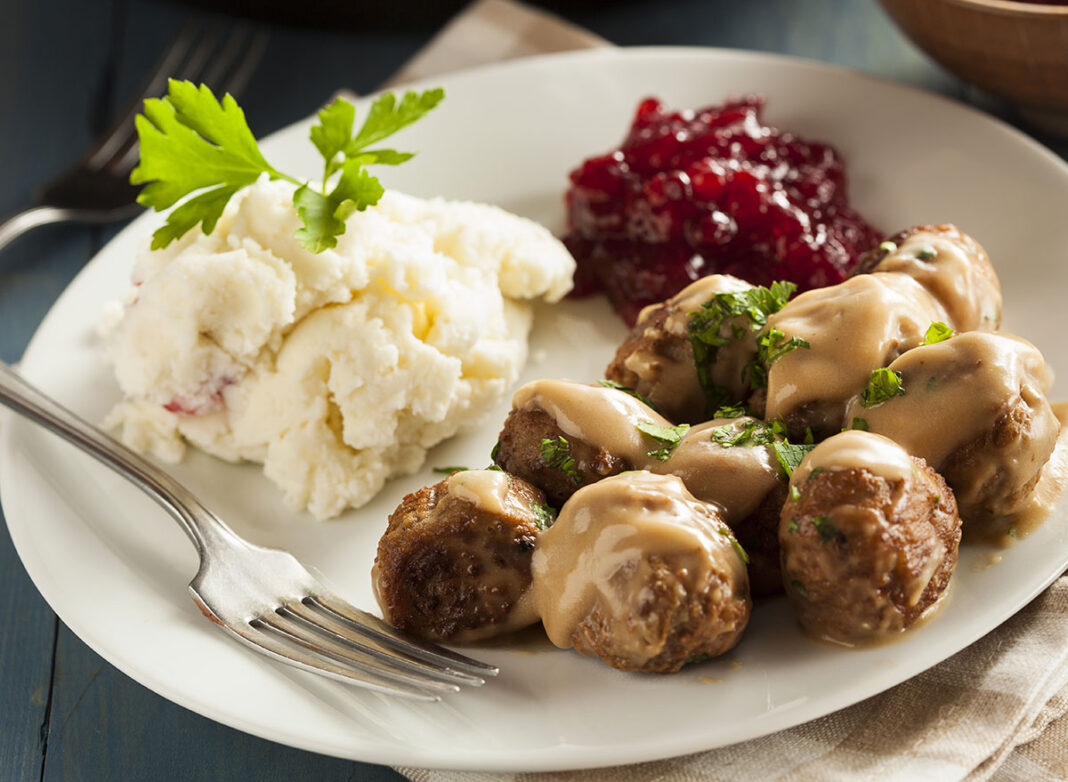One of the most popular dishes in Europe cuisine is meatballs . They have gained their popularity due to their relatively simple preparation and the possibility of using them with various garnishes.
However, despite the fact that the basis of this dish is ground meat or fish, the taste and appearance of meatballs prepared by different housewives differ. Some have them stiff, and some have lush and juicy. And it all depends on what additional ingredients hostesses add to the meatballs.
Many people know that you can add bread, eggs, starch, semolina and even potatoes to mince patties. Let’s try to figure out what the significance of each of these ingredients is.
Bread
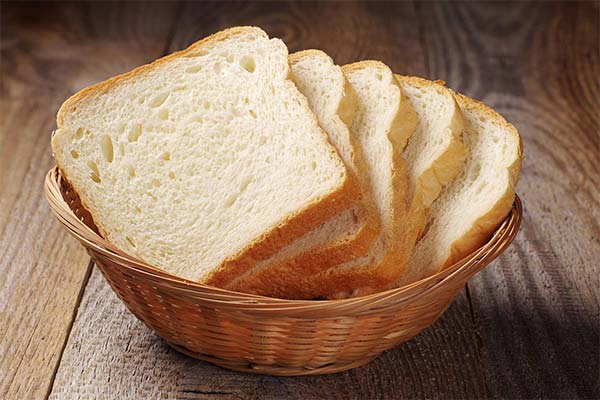
Many people think that bread is added to mincemeat simply to save on meat, but this is not true. Surprisingly enough, bread has been added to meatballs since the reign of the tsars. Clearly, this was not done out of poverty. When you shred the meat, the connection between its individual fibers is broken, so all the juice that forms when frying meatballs can simply escape from the meat. Bread absorbs this juice and the meatballs turn out soft, tender and juicy. But without bread, they will be tough and dry. As a rule, housewives use white and not very fresh bread, which is pre-soaked in milk. But you can not go overboard with bread, otherwise the taste of the meat will be lost. It should be no more than one fifth of the amount of minced meat.
Eggs
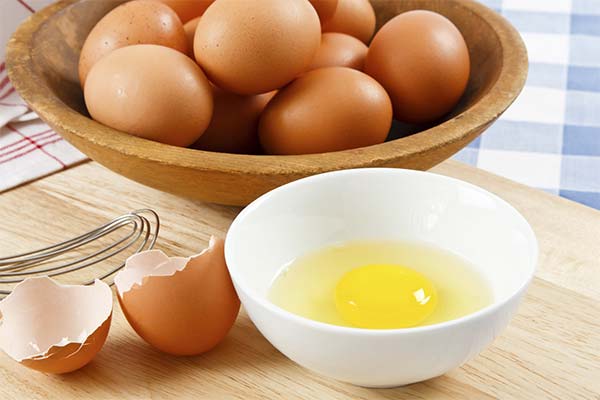
Whether to add eggs to minced meat patties is a rather controversial question. Some people believe that you should not, because they make the dish more solid. However, this is not entirely true. Eggs act as a binder, giving the meatballs a shape and preventing them from falling apart during frying. For this purpose, after adding the eggs, the mince must be thoroughly mixed. Well, the golden rule is not to overdo it, only 2-3 eggs per kilogram of ground meat. Otherwise, the meatballs will turn out “rubbery”.
Starch
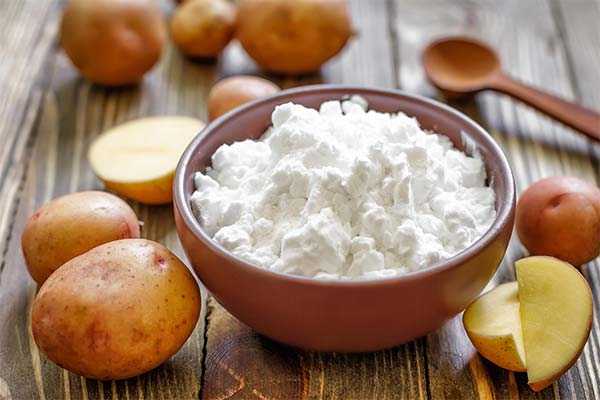
Starch is added to minced meat patties to improve viscosity, so that the patties hold their shape and do not disintegrate when fried. That is, starch can be used instead of eggs. Starch is indispensable in the preparation of fish meatballs. Fish mince is quite liquid, and the addition of eggs in this case does not help, but on the contrary, contributes to the liquefaction of the cutlet mass. Only using starch as a thickener can achieve the necessary consistency of minced meat and get an attractive and tasty dish.
Flour
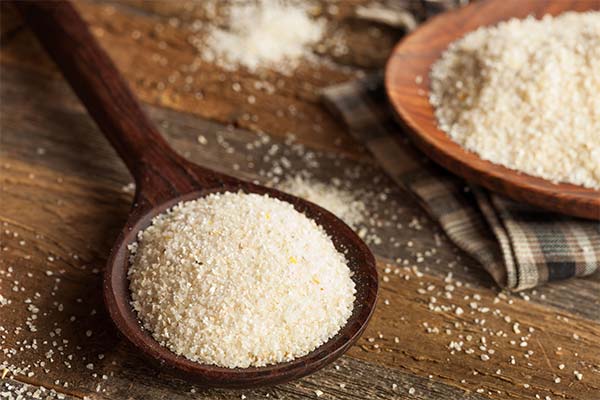
Manna in meatballs acts as a worthy alternative to white bread. The use of semolina is associated with its ability to swell and absorb the “meat juice” formed during frying. As a result, meatballs get a special rich flavor. In addition, semolina has another advantage – it can bind the components of the stuffing, so patties with semolina do not disintegrate. This means that the eggs in the meatballs can be replaced by semolina, which will contribute to a softer and more fluffy product.
Potatoes
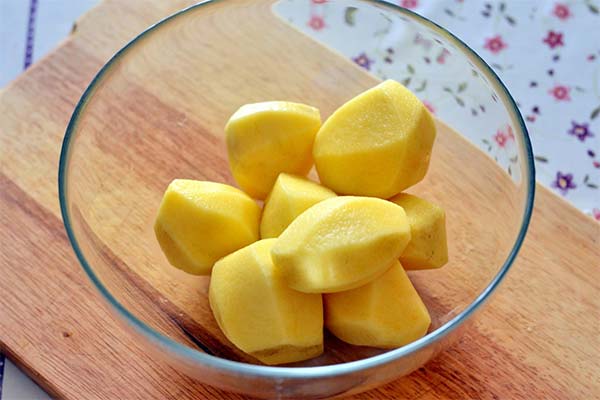
The use of raw grated potatoes as one of the ingredients in meatballs is due to their stickiness due to their high starch content. Therefore, meatballs with the addition of potatoes do not fall apart when fried. Moreover, they become particularly juicy and tender. Potatoes may well be used instead of eggs, enough 4-5 medium potatoes per kilogram of ground meat.
As you can see, the preparation of meatballs is possible with the addition of a variety of ingredients in the mince. In each case, a dish with a special taste will turn out. Which of the components is more important – to decide each hostess individually. After all, the preparation of meatballs is a kind of skill, which is worked out over the years, and sometimes passed from generation to generation.
The articles on this site are for information purposes only. The site administrators are not responsible for attempting to apply any recipe, advice or diet, nor do they guarantee that the information provided will help or harm you personally. Be cautious and always consult a doctor or nutritionist!
*All products recommended by thefirstdoc.com are selected by our editorial team. Some of our articles include affiliate links. If you buy something through one of these links, you help us earn a small commission from the seller and thus support the writing of useful and quality articles.


